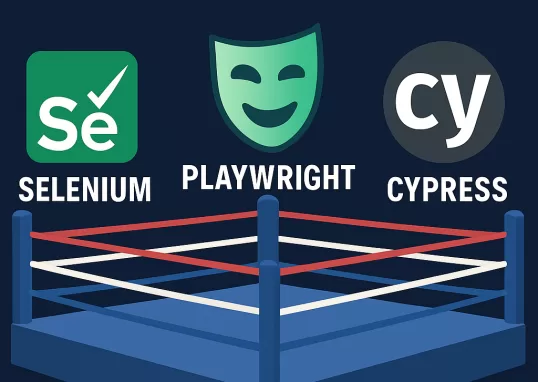
In any software project, one thing is certain: change is constant. New features, code tweaks, refactors, integrations… it’s all part of the daily grind for any development team.
And in this fast-moving environment, it’s common for updates to unintentionally break parts of the system that were working just fine. That’s why regression testing is a must if you want to ensure quality. Plus, we all know: fixing bugs after release is way more expensive than catching them earlier during development. So beyond quality, regression testing is also a smart way to control costs.
In this article, you’ll learn what regression tests really are, why they matter, and how to make the process smarter and faster with the help of AI — especially with TestBooster.ai.
What Is Regression Testing, Really?
Let’s keep it simple: regression tests make sure that what used to work still works after you change something in the code. That’s it.
Picture this: you own a restaurant and your app has a “place order” button that works perfectly. Then your dev team updates the order flow. Everything looks fine… but surprise — the button stops working. That’s a regression. The system “regressed” to a broken state.
And that’s exactly where the name comes from. The whole point is to prevent the software from going backwards in behavior, even when you’re adding improvements or fixing other things.
Why Maintaining a Solid Regression Suite Is Hard

Over time, keeping a good regression suite in shape becomes a serious challenge. Why?
- The number of tests grows fast.
- Maintenance turns into a never-ending task.
- QA or dev teams are often small, busy, or both.
- A lot of tests get outdated, irrelevant, or just plain useless.
And here comes the big question: how do you maintain software quality without slowing the team down?
How AI Can Take Your Regression Testing to the Next Level
This is where TestBooster.ai really shines. Instead of relying on brittle scripts and endless manual work, TestBooster.ai uses artificial intelligence to automatically generate and prioritize your tests.
The AI understands how your system works, looks at real interactions, and builds meaningful tests — even as the code evolves. Unlike traditional tools like Selenium or Cypress, which rely on rigid code and break easily with minor changes, TestBooster.ai is flexible. It adapts. No fixed selectors, no drama.
What does that mean in practice?
- Less manual effort
- Smarter, up-to-date tests
- Reliable regression coverage without slowing things down
- A real assistant for your QA team that speeds up the entire process
You stay focused on product improvements. The AI handles the testing.
When Is Regression Testing a Must?
Let’s be honest — if you care about software quality, regression testing is non-negotiable. But some teams don’t have the time or the manpower to do it all.
That’s when AI becomes your secret weapon. It’s especially helpful when you’re working on:
- Projects with frequent updates and lots of releases
- Agile teams doing continuous deployments
- Teams with a backlog of untested features
- Startups and squads looking to scale QA without growing the headcount
In these cases, doing everything manually — or constantly fixing broken scripts — just doesn’t scale. But skipping regression tests? That’s a risky move.
The good news? With TestBooster.ai, regression testing stops being a burden and becomes an intelligent, automated, strategic part of your workflow.
Want to see how AI can protect your system from regressions — without slowing your team down? Talk to one of our specialists and get a demo.





